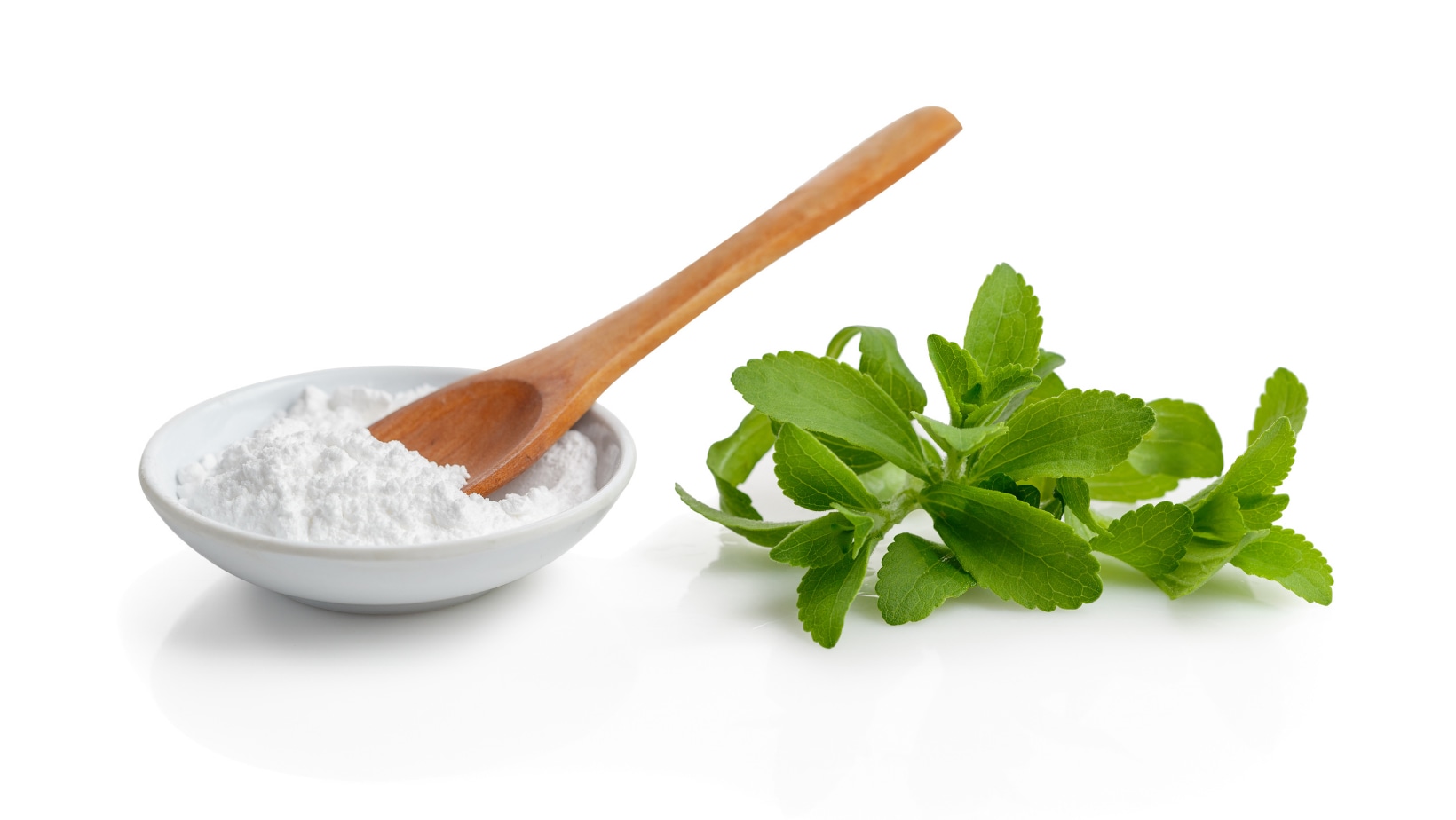Hardly anyone does not enjoy the occasional sweet treat or two! Some of our fondest memories around food include dessert. It’s little wonder that people worldwide have been consuming sweet treats in good and bad times. Whether you are celebrating a win or going through a breakup, you can be certain to find the perfect dessert to match the occasion!
While the joy of consuming sugar-rich foods remains, the adverse health effects that sugar brings with it can’t be ignored. Be it the trend or the rising healthy mindset, low-calorie sugar substitutes are gaining popularity and have even taken over the market in some cases. Out of the plethora of processed alternatives, Stevia has emerged as one of the most competent sugar substitutes.

Stevia sweeteners are extracted from the leaves of the Stevia rebaudiana (Bertoni) plant, an herbal shrub native to Uruguay in South America. The plant has been extensively used as a food and medicinal herb for hundreds of years. In contrast, crude extracts have been employed as a dietary supplement. The sweetener is 100-300 times sweeter than table sugar and has tenaciously stood as the healthiest substitute. Steviol glycosides are extracted from the leaves of the plant. These extracts are further purified to reduce the bitterness generally associated with the crude extract. With the FDA declaring it as GRAS (generally recognized as safe), it has also been stamped safe by the European Food Safety Authority and the Joint Expert Committee on Food Additives. It is widely used in countries in Asia, South America, Australia, and Europe.
Generally processed using many chemicals, artificial sweeteners have had their share of backlash for controversial health effects. The harmful effects associated with their consumption include; increased risk of cancer, disrupted blood sugar level and gut health, weight gain, and addiction.
Compared to artificial sweeteners, Stevia provides a calorie-free sweet experience and supposedly offers certain health benefits. As a storehouse of antioxidants and active ingredients such as stevioside and steviol, Stevia offers a variety of advantages over artificial sweeteners.
Showing no potential contribution to cancer, some research shows that it may even play a role in preventing it. It is important to note that steviol glycosides do not get absorbed in the upper gastrointestinal tract, which means they do not add to the calorific value of foods or interfere with blood glucose levels. Stevia may thus help improve the insulin response to high blood sugar, lower high blood pressure in people with hypertension and fight oxidative damage linked to obesity and metabolic disorders. Unlike certain low-calorie sweeteners, Stevia also does not support an increase in appetite and sweet cravings. Despite packing in almost double the sweetness compared to sugar, Stevia has zero carbs, making it a suitable option for people looking to lose weight.
The best part? Stevia is extremely versatile as a substitute and can be used to sweeten all your food and beverages. They are also stable at high temperatures, making stevia sweeteners ideal for low-calorie baked goods. With Stevia, you can truly make your cake and eat it too!


